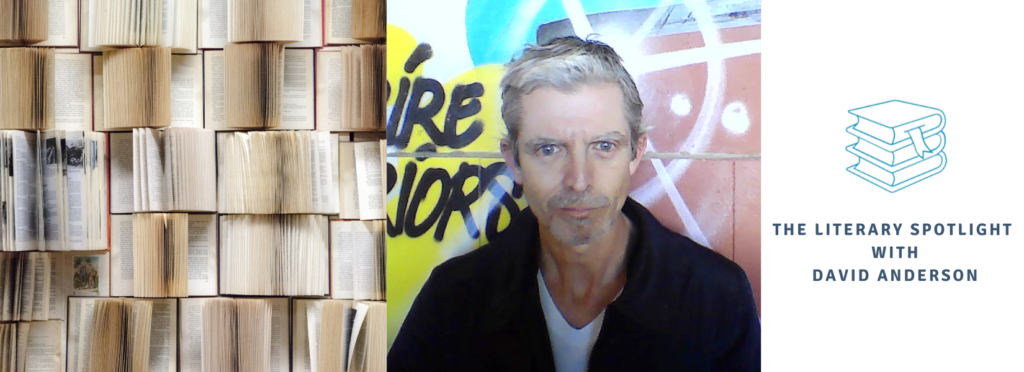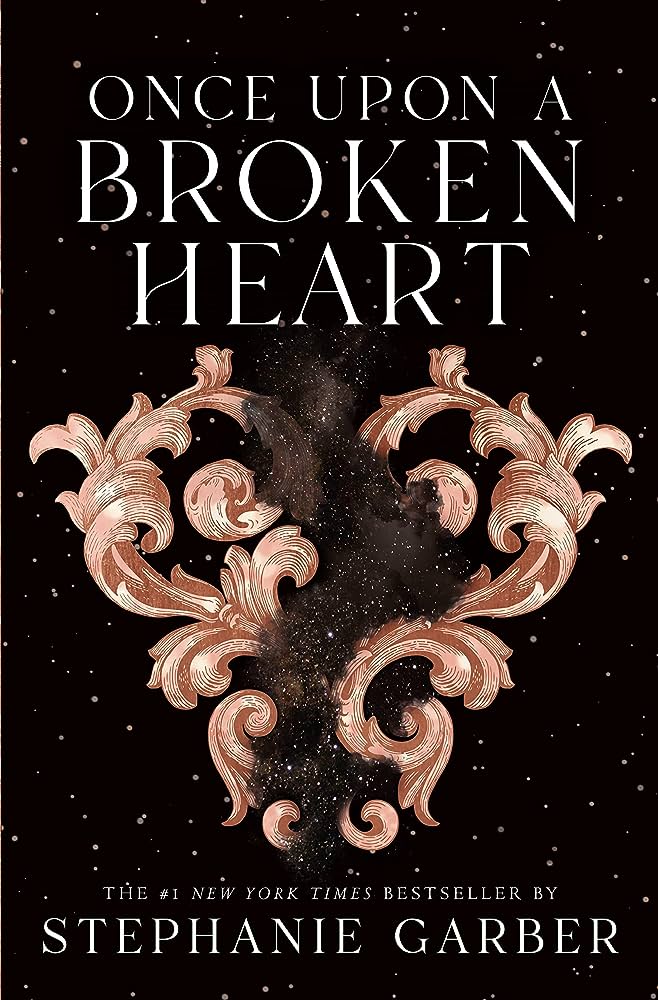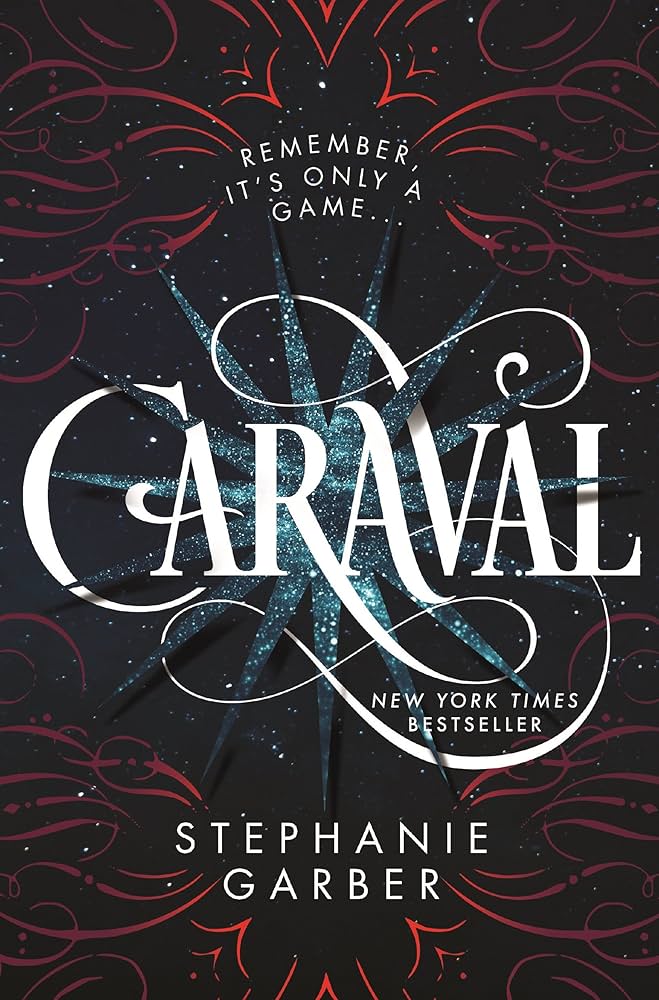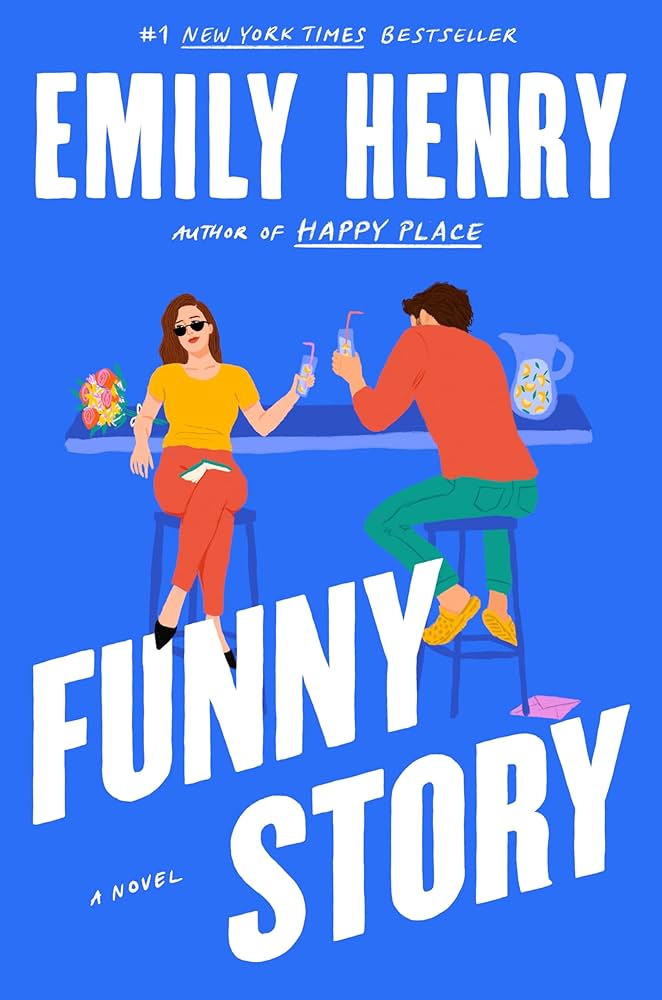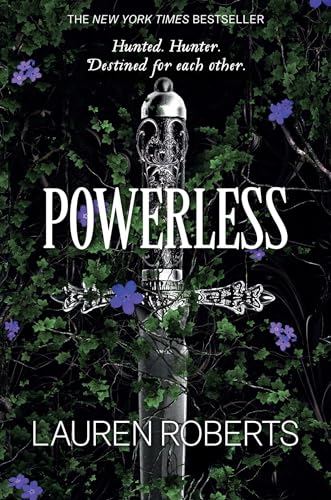Author Interview: The Literary Spotlight with Author David Anderson
Hailing from the cold, wet streets of Dublin, David Anderson is the author of The Drowners. Like a hummingbird, after college, he migrated south to warmer climes—namely, sunny Spain—where he now teaches English to students often bewildered by his Irish brogue. But teaching isn’t his only passion. In his early thirties, David caught the writing bug, channeling his love for storytelling into compelling narratives that resonate with readers worldwide.
David’s ability to craft stories that balance raw emotion with humor and authenticity makes him a standout voice in contemporary fiction. Whether he’s exploring the complexities of human relationships or diving into the world of sports through his writing, his storytelling is always immersive and deeply relatable.
Beyond fiction, David has shared his thoughts on football—his other great obsession—through articles for the GMS website. His talent for crafting engaging stories was recognized in 2021 when he won a YA Watty Award for his novel The Art of Breathing Underwater.
In this interview, David takes us behind the scenes of his writing journey, sharing the inspirations behind his work, the challenges of storytelling, and what it means to connect with readers on a deeper level. Get ready for an insightful conversation with a writer whose words capture both the grit of reality and the beauty of imagination!
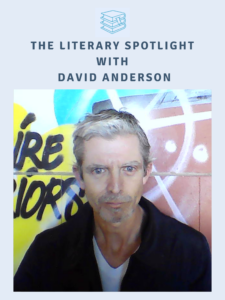
Introduction:
Cyra: Please introduce yourself and tell us a bit about your writing background. What inspired you to write, and how did your writing journey begin?
Creative Process:
Cyra: Walk us through your creative process. How do you develop your ideas into full-fledged stories? Do you follow specific rituals or routines to get into the writing zone?
Writing Influences:
Cyra: Who are some of your favorite authors or literary influences, and how have they shaped your writing style? Are there any books or works that have profoundly impacted your writing career?
David: On the Road by Jack Kerouac convinced me that there was nothing higher you could aspire to than becoming a writer. However, in terms of influence, I’m indebted to Elmore Leonard for teaching me never to use a verb other than said when writing dialogue. And to avoid detailed descriptions of characters; Do we really need to know about the birthmark on the MC’s wrist? Readers will always form their own mental picture of the protagonists. George V. Higgins taught me that writing how people naturally speak works a million times better than any contrived speech. Sure, you might sound Shakespearean in your poetic eloquence, but your characters come across as, well, characters. I love reading dialogue that makes you feel like you are eavesdropping on a conversation between people in a café. The master of the psychological, Patricia Highsmith showed me the importance of getting into a character’s head. To invite your reader into that (morally)grey matter, and see what lurks beneath the surface smiles.
Challenges & Successes:
Cyra: What have been some of the biggest challenges you’ve faced in your writing career, and how did you overcome them? How do you handle writer’s block or periods of self-doubt? On the flip side, what achievements are you most proud of (books, projects, etc.) in your journey as an author? Were there any scenes or moments in The Drowners that were particularly challenging to write? How did you overcome those hurdles to ensure they resonated with authenticity?
Character Development:
Cyra: How do you develop compelling and relatable characters in your stories? Do you use strategies or exercises to ensure your characters feel authentic, genuine, and three-dimensional? Robbie, an aspiring actor of Jamaican descent, plays a pivotal role in the story. What was your approach to authentically portraying his cultural background, and why was it important to include his perspective in Aaron’s journey? Aaron begins as a sarcastic and cynical character but evolves throughout the story. Was his character arc planned from the start, or did it change as you delved deeper into his story?
Plot/World Building:
Cyra: How do you approach plot building to balance intricate twists and maintain a cohesive storyline when crafting your novels? Can you share any tips for aspiring writers on developing compelling plots? World-building is crucial for many genres, creating immersive settings that feel authentic and integral to the story. How do you go about constructing worlds that feel both fantastical and believable? Can you share your approach to balancing detail and narrative flow when introducing readers to a new world?
Dialogue and Setting:
Cyra: Dialogue can breathe life into a story, especially when intertwined with the setting. How do you use dialogue to enrich your settings and evoke a sense of place? The 1990s in Dublin is such a vivid and unique backdrop for The Drowners. How did you go about researching and recreating the era’s atmosphere, culture, and nuances for your story?
David: It wasn’t too difficult. I lived through that era. However, I still needed to do plenty of research. For instance, I had this killer line about irony where I referenced the Alanis Morissette song, Ironic. Only to find that it had been released two years after the story’s time frame. So, it had to go. Technologies, the colour of buses, and TV series must be accurate. You can’t trust your memory. I would have bet a kidney that Friends started showing on Irish TV in 1994. Luckily, I never had to make that bet. With dialogue, sometimes, you need to watch movies or TV from that era to recall the phrases that were commonplace at the time and are now ‘as dead as disco.’ Could I BE any wittier? Every era has a vibe. The late 90’s was infused with optimism. We genuinely believed things were going to get better. There was a new millennium around the corner, and it felt as though we were living through a special time. I tried to capture that sense of possibility in The Drowners.
Creative Inspiration:
Cyra: Where do you find inspiration for your stories? Are there any specific themes or topics you enjoy exploring in your writing?
David: Life. Go on any news media site and you realize that reality is infinitely more strange than any fiction. The theme I’m focussing on at the moment is the chasm in society. The vast gulf that separates us as people. The rich from the poor. The left from the right. A divide that is worsening by the day. I’m also interested in the nature of truth in the digital age. From political spin to conspiracy theories, the truth has never been harder to discern. With the advent of Artificial Intelligence and deepfakes and fake news, it has become difficult to trust what your eyes are seeing.
Editing & Revision:
Cyra: How important is a writer’s editing and revision process? Please share your approach to editing your work. Do you have any suggestions for writers to improve their attention to detail and editing skills?
David: Writing a book is like building a house. The first draft is that empty shell with concrete mixers standing inert in the muddy front yard. The second draft is about making your house functional. Installing electricity, water, doors, and windows. The third draft is when you make it a home. Furniture. Paintings adorning the walls. Now, you’re ready to let your readers move in and inhabit your world. Editing and revision are equally important as writing the story. If you have ever heard a demo version of one of your favourite songs you’ll understand that without polishing even a diamond is dull and unimpressive. Research is key. Those little flourishes of detail and authenticity add so much more to your story. like how a throw rug improves the appearance of a settee.
Personal Insights & Reflections:
Cyra: Beyond writing, how do you balance your personal life with your career as a successful author? What does success mean to you as an author, and how do you define and measure it? What is the most rewarding and fulfilling aspect of being an author for you? Is there a particular book or project you are most proud of?
David: Writing lives with you. It becomes part of who you are. You can never truly switch it off. It’s always bubbling away beneath the surface. I could be having a casual conversation with someone in a grocery store but I’m picking up on a turn of phrase and filing it away in the memory bank. Or, I’m watching a movie, and I’m thinking about that little idea buzzing away at the back of my brain. Success for me is respect. From my peers, or readers. I’d take an award over a financial reward. Begrudgingly. I mean who doesn’t want to achieve total financial freedom? I aim to forge a reputation as a writer and to hit the New York Times best-seller list. It may be a dream, but it’s not impossible. Being told how much your story means to a reader is the greatest fulfilment. No, I’m equally proud of all my books.
Advice for Budding Writers:
Cyra: What advice would you give aspiring authors just starting their writing journey? How do you handle rejection and criticism in the publishing world and literature?
David: Read, read, read. No one person can teach you how to write. But you can learn by studying those that have gone before you. Criticism and rejection hurt. They hurt like hell. But you can use them to fuel your burning desire to succeed. Who doesn’t want to prove their detractors wrong? Plus, constructive criticism will improve you as a writer if you take it on board. So, let it sting. Feel anger. Dismay. Frustration. Then, when your mind is clear, learn from it. Do you think Robert DeNiro’s acting coach didn’t criticize him? Sometimes it takes an outsider to point out the flaws we can’t see from the inside….
Impact and Connection:
Cyra: You describe The Drowners as a meditation on life’s possibilities and the intolerance for hypocrisy during youth. How do you balance humor and poignancy in the story, and what do you hope readers will take away from Aaron’s journey?
Personal Touch:
Cyra: Can you share a fun fact about yourself that readers might not know? Do you have any hobbies or interests outside of writing that influence your stories?
David: I’m a massive movie buff and music fan, so expect pop-culture references galore in all my books.
Gratitude:
Cyra: Is there anything you’d like to say to your readers and fans who have supported you throughout your career? Do you have any final thoughts or messages you’d like to leave with aspiring authors or your readers?
David: Aspiring writers: Pack your tent and pull on your hiking boots because you’rre about to embark on a long and arduous journey. And, like any journey, there will be plenty of highs and lows. How you navigate them will determine your chances of reaching your destination.
Don’t expect instant results. Sure, S.E. Hinton wrote The Outsiders when she was 15, but she is very much the exception to the rule. For the rest of us, it can take up to 10 years to perfect our craft. There are no cheat codes. No, move three squares ahead. Like most things in life, you get back what you put in.
For every reader who has taken a chance on my stories, I want to say a heartfelt thanks. It means the world to me that somebody is willing to take 8 hours out of their life to read the words that I wrote. It makes all the struggles worthwhile. So, thank you!
Community and Networking:
Cyra: How can readers stay connected with you and keep up with your latest work?
David:
Favorite Quote:
Cyra: What’s your favorite quote that keeps you going?
David: Behind every mass of black clouds, rays of sunlight are waiting to burst through. I coined it myself, as a reminder to keep fighting, because life can and will get better.
Future Projects:
Cyra: Could you give us a sneak peek into any upcoming projects or books you're
currently working on? Is there anything else you want to share?
David: I’m working on a dark, psychological thriller called Cracked Actors. It’s a hybrid of Doubt/Taxi Driver for the digital age.
